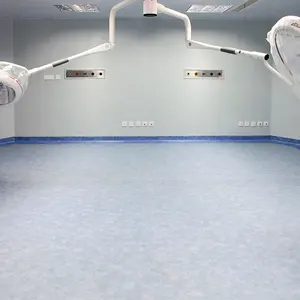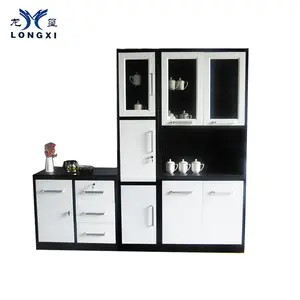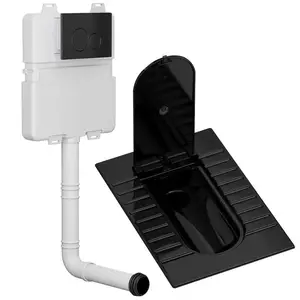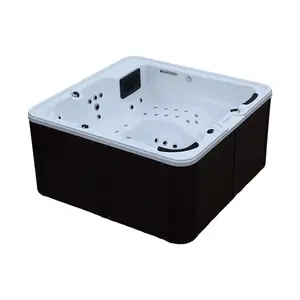Popular in your industry









































































Related Searches:



















































































































































Top categories
About antibacterial flooring for hospitals
Introduction to Antibacterial Flooring for Healthcare Facilities
Antibacterial flooring for hospitals is a specialized product category designed to meet the stringent hygiene standards of healthcare environments. This type of flooring is engineered to inhibit the growth of bacteria, mold, and other harmful microorganisms, making it an essential component in the fight against hospital-acquired infections (HAIs).
Types and Applications
There are various types of antibacterial hospital flooring available, each suited to different areas within a healthcare facility. Vinyl and linoleum flooring options are commonly used due to their durability and ease of cleaning. Rubber flooring is another option, often utilized in areas requiring additional comfort or slip resistance. These flooring solutions are not limited to patient rooms and operating theatres; they extend to corridors, waiting areas, and even staff quarters, ensuring comprehensive protection against pathogens.
Features and Materials
The materials used in hospital-grade antibacterial flooring are selected for their ability to resist microbial growth. Many products incorporate silver or other natural antimicrobial agents into the flooring material itself. The surfaces are typically non-porous, preventing fluids and contaminants from seeping in, which is crucial for maintaining a sterile environment. Additionally, the ease of maintenance associated with these materials helps in keeping the healthcare facilities clean without the need for harsh chemicals.
Advantages of Antibacterial Flooring
The primary advantage of antibacterial flooring for healthcare settings is its contribution to a safer environment for both patients and staff. By reducing the risk of infection spread, it supports the overall health outcomes within the institution. Furthermore, the durability and low maintenance of these floors provide long-term cost savings, as they are designed to withstand heavy foot traffic and frequent cleaning routines without compromising their antibacterial properties.
Complementary Products
In addition to flooring, there are complementary products such as medical mats that enhance the sterile environment. These mats are strategically placed in entryways and high-traffic zones, equipped with similar antibacterial properties to trap and neutralize contaminants. They work in tandem with the flooring to provide a comprehensive defense against the spread of bacteria and other infectious agents.
Considerations for Selection
When selecting antibacterial flooring for medical facilities, it is important to consider factors such as the area of application, expected foot traffic, and specific hygiene requirements. The choice should align with the facility's overall infection control protocols and contribute to a holistic approach to patient care and facility cleanliness.


































